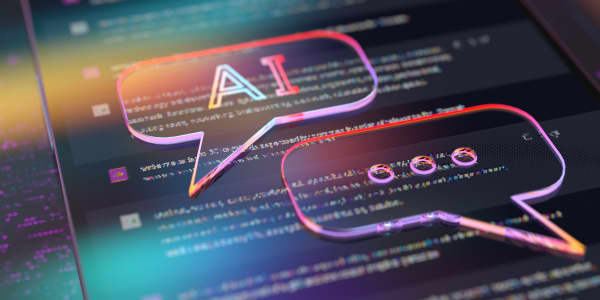A robotic head will use artificial intelligence to provide information to passengers passing through Germany's Frankfurt Airport during a six-week trial.
The assistant, dubbed FRAnny, will be able to provide information on topics such as departure gates, Wi-Fi access and the location of restaurants. It can communicate with humans in English, German and seven other languages.
The project is a collaboration between the operator of Frankfurt Airport, Fraport AG, and DB Systel Gmbh, the IT service provider for German rail firm, Deutsche Bahn. FRAnny's technology is based on AI and what Fraport described as a "cloud-based voice user interface."
It uses data taken from the airport's information system and can understand and answer questions from humans on airport facilities and travel information. In addition to the trial at Frankfurt Airport, the service will also be tested at Berlin's central railway station in June 2019.
In January 2019, a panel at the World Economic Forum in Davos, Switzerland, looked at the topic of AI and its potential ramifications for society.
According to one participant in the discussion, chaired by CNBC's Steve Sedgwick, the world is still "way, way behind having thinking robots … that will do the work of humans."
"The key about AI is data," Christopher A. Pissarides, professor of economics at the London School of Economics, went on to explain. "You need to have very large amounts of data with AI, and then it's programmed to interpret the data in certain ways."
Using chess as an example, Pissarides said computers were "very good" at the game because there were masses of data on moves from the past.
"But anything new, anything that you need to stretch the way you are thinking about something, it (AI) won't be able to do," he added.




